Millions of cryptocurrency users utilize noncustodial wallets like MetaMask and Trust Wallet. Users may store, transmit, receive, swap, and buy cryptocurrencies with these hot wallets for cryptocurrencies. Additionally, they permit access to initiatives related to decentralized finance (DeFi), including staking, and decentralized apps (DApps).
While using either wallet is free, there may be additional costs. The advantages and notable distinctions among wallets vary according to the quantity and kind of cryptocurrencies and networks they enable.
Supported Blockchain Networks and Cryptocurrencies
More than 65 blockchains, including the biggest and most well-known ones like Bitcoin, Ethereum, BNB Chain, Avalanche, Solana, Cosmos, Tron, Eos, Stellar, Ripple, Dogecoin, Litecoin, and Cardano, are supported by Trust Wallet.
Ethereum and all Ethereum-based tokens, including ERC-20 tokens, are supported by MetaMask. It is also feasible to add more supported networks that are Ethereum Virtual Machine (EVM) compatible. BNB Chain, Polygon, Avalanche, and Optimism are a few of these networks.
Nonfungible tokens are supported by MetaMask and Trust Wallet (NFTs). On the other hand, NFT compatibility comes after network compatibility for the wallet. MetaMask, for instance, only accepts tokens that are compatible with Ethereum.
Comparing the Wallet’s User Interface (UI) and User Experience (UX)
Compared to MetaMask, Trust Wallet’s user interface is simpler. Both wallets enable users to send and receive cryptocurrency using QR codes or addresses, swap tokens via a decentralized exchange (DEX), buy cryptocurrency with fiat money, and access staking projects and DApps. They also provide rapid portfolio balance displays.
While MetaMask offers a token swap aggregator that lets users compare DEX prices from Uniswap, 0x, Kyber Network, and other providers, Trust Wallet features an integrated DEX (Binance DEX, Uniswap, PancakeSwap, SushiSwap, etc.).
Both Trust Wallet and MetaMask feature apps for iOS and Android smartphones, provide push notifications, and operate on the Web3 browser. Additionally, MetaMask may be accessed by browser extensions for Edge, Firefox, Chrome, and Brave.
Security and Privacy of Wallets
Because these two wallets are noncustodial, users maintain complete control over funds and private key management. To access the wallet, the user’s smartphone stores encrypted private keys.
Both wallets feature fingerprint or face ID biometric identification and can be backed up using a 12-word seed phrase. Users of either wallet can remain anonymous unless they pay for cryptocurrency using fiat, in which case Know Your Customer (KYC) verification is necessary. Neither wallet gathers personal information from users.
Backup and Restore of Wallets
For extra security, hardware wallets like Ledger or Trezor devices can be connected to Trust Wallet and MetaMask. In the event that a user forgets their password, they can still access their wallet using the 12-word backup seed phrase, which is encrypted and not stored on either wallet’s servers.
When It Comes to Defi and Dapps Interoperability, Trust Wallet Vs. Metamask
There is built-in staking capabilities in both wallets. Ethereum, Cosmos, Tezos, and Tron are just a few of the proof-of-stake (PoS) networks that Trust Wallet supports; however, staking is not possible through its browser extension. Supported cryptocurrencies by MetaMask include Avalanche, Polygon, and Ethereum.
Projects using DApps and DeFi are accepted when the wallet is compatible with the relevant host blockchain network. There are any DApp gas fees. With the exception of provider and network fees, token swaps and staking on Trust Wallet are free. For its token swap service, MetaMask, however, imposes a markup on the exchange rate itself. By charging this service charge, MetaMask is able to defray the cost of integrating with numerous DEXs.
The MetaMask Token and the Trust Wallet token (TWT)
Users of Trust Wallets gain advantages and incentives from the BNB Smart Chain (BEP-20) utility token known as Trust Wallet Token (TWT). Discounts on cryptocurrency purchases and DEX services are a couple examples of these advantages. Voting on ideas for the future and use of the wallet is available to TWT holders, who can also take part in the governance of Trust Wallet.
As of March 2024, no additional information had been disclosed on MetaMask’s planned token launch or decentralized autonomous organization (DAO), which was first announced in early 2023.
Pros and Downsides of Trust Wallet
MetaMask focuses on Ethereum and Ethereum-compatible networks; Trust Wallet supports more coins, tokens, and blockchains and has a more user-friendly UI. As a result, Trust Wallet supports cryptocurrencies that MetaMask does not support, like Bitcoin, Solana, XRP, Cardano, and others. Binance purchased Trust Wallet in 2018, and it supports BNB Chain.
In terms of NFTs, Trust Wallet works with NFTs on Solana, Polygon, Optimism, BNB Chain, and other networks. It is also compatible with ERC-721 and ERC-1155 NFTs.
There are variations in the customer assistance availability between the two wallets as well. Any inquiries must be submitted using a support form to Trust Wallet. Live help is not available. For DEX token swaps and staking, Trust Wallet does not charge an additional markup; instead, third-party staking provider costs will be incurred. Fees apply to cryptocurrency purchases made with fiat money.
Pros and Downsides of MetaMask
Since these networks are EVM compatible, MetaMask only supports coins on the Ethereum blockchain, Arbitrum, BNB Chain, Optimism, Polygon, and Avalanche networks. Despite being one of the most widely used Ethereum wallets, MetaMask is incompatible with networks such as Cardano, Solana, XRP, and Bitcoin. It only accepts NFTs that are ERC-721 and ERC-1155.
More seasoned cryptocurrency users may find MetaMask’s customizable, more sophisticated user interface appealing. In addition, MetaMask provides live chat assistance from human customer care representatives and a bot. Ethereum is automatically accessed through the MetaMask wallet; however, compatible tokens and EVM networks can be added manually.
For DEX token swaps and staking, MetaMask charges a markup fee; fees from third-party staking providers are also applicable. Although there are expenses associated with buying fiat cryptocurrency, neither wallet adds a markup to network gas costs.

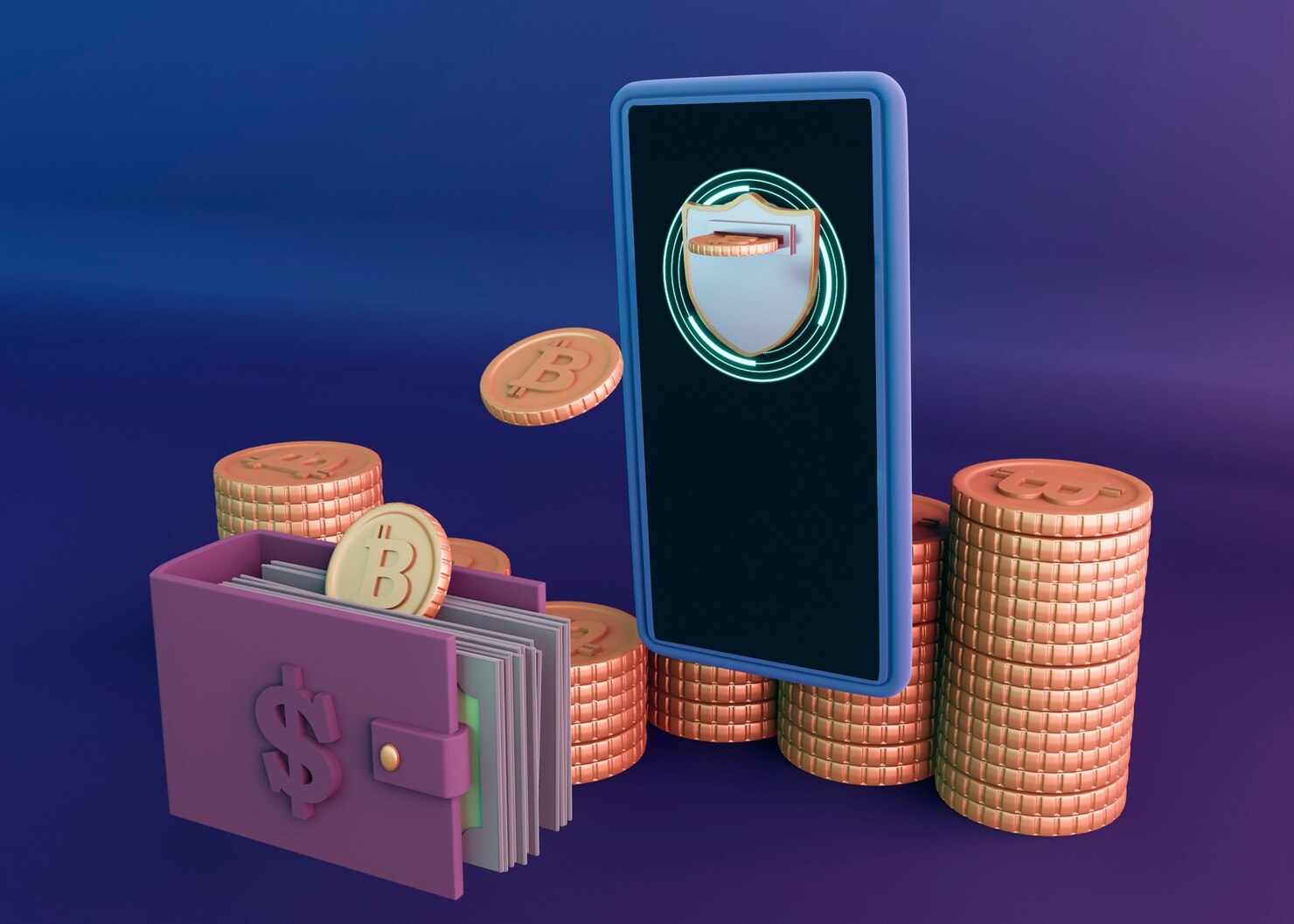
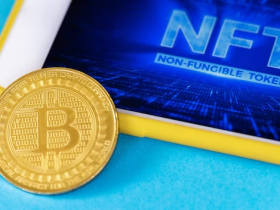

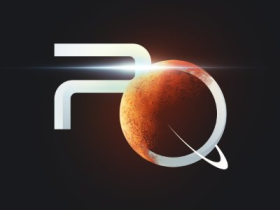
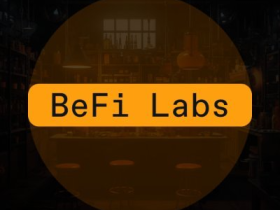
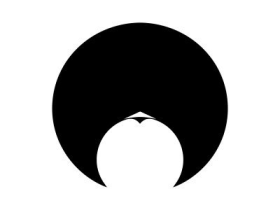

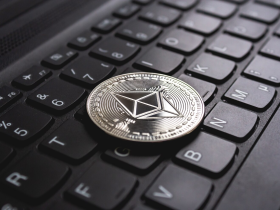

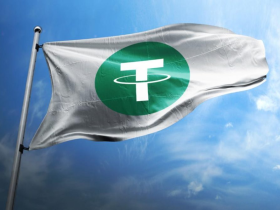

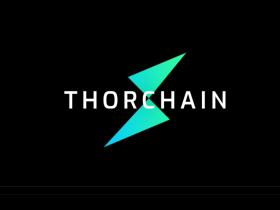
Leave a Reply